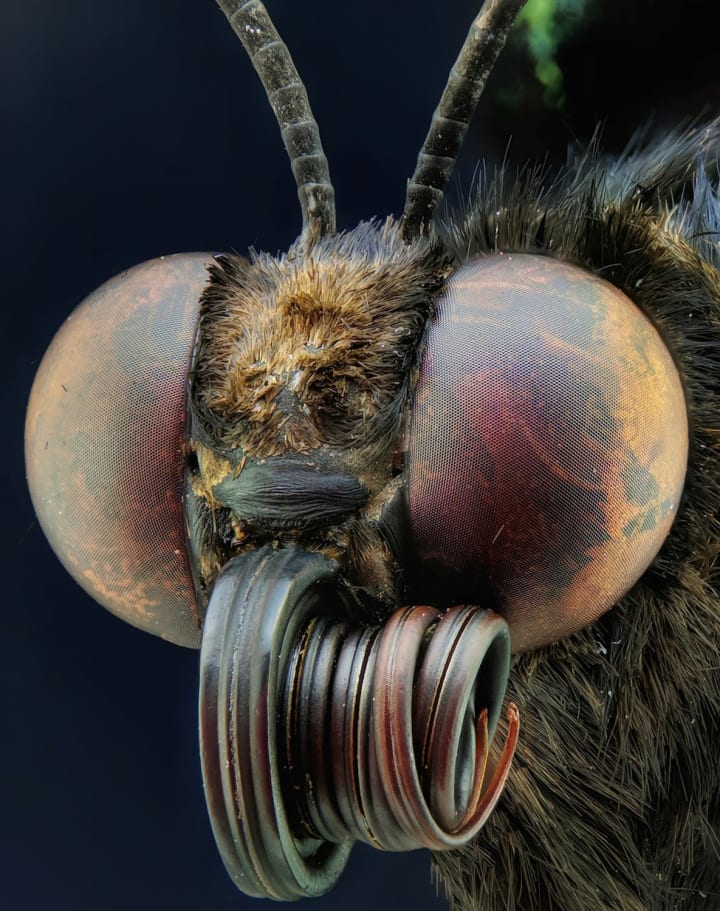Malaria Warning Signs , know Before Get Infected
Stay on Alert

Five cases of mosquito-borne malaria have been reported in the past two months, four of which occurred in Florida.
The Florida Department of Health issued a statewide mosquito-borne disease alert late Monday after two new cases of malaria were reported in Sarasota County.
According to the Florida Department of Health, the first case in Sarasota County was reported between 9 p.m. and 5 p.m. a week in May and the second in the week of 11-17 until June. All four affected patients received treatment and recovered.
How is malaria transmitted?
Malaria is spread by infected mosquitoes. Malaria is carried by infected Anopheles mosquitoes in Florida. Plasmodium vivax was identified as the causative agent of malaria in these patients. According to the Florida Department of Health, effective treatment is available through hospitals and other health care providers.
Is malaria contagious?
No. According to the Centers for Disease Control, malaria cannot be passed from person to person or sexually transmitted. Malaria cannot be transmitted by casual contact with people infected with malaria. During pregnancy, before or during childbirth, infected women can transmit the parasites to their children.
Although transfusion-transmitted malaria is rare, it does occur, and when it does, it can be fatal to blood recipients. According to the CDC, only one case of transfusion-transmitted malaria occurs in the United States every two years. How can you avoid malaria?
Florida residents should take precautions by using bug spray, avoiding mosquito infested areas and wearing long pants and shirts when possible, especially during sunrise and dusk when mosquitoes are most active.
What ar the symptoms of malaria?
Symptoms of malaria include:
Fever and flu-like symptoms such as chills, chills, sweating, headache, muscle aches and fatigue. Nausea, vomiting and diarrhea are possible. Malaria can cause anemia and jaundice (yellowing of the skin and eyes).

According to the Florida Department of Health, anyone with fever, chills, sweating, nausea/vomiting or headache should seek immediate medical attention.
How do you know if you have malaria?
A diagnostic test that examines a drop of blood under a microscope for malaria parasites is the surest way to detect malaria. According to the Centers for Disease Control, you should get an outpatient test if you are sick and suspect you may have malaria.
Do you have malaria treatment?
Yes. Malaria can be treated with medication. The drugs used and the duration of treatment are determined by the type of malaria, infection, age, pregnancy and the person affected during the treatment. Treatment must be started at an early stage of the disease, before it becomes serious and life-threatening. If you have malaria, will you suffer from it for the rest of your life?
No, not always. Generally, if you receive proper malaria treatment, the parasites will be eliminated and you will no longer be infected with malaria.
However, if the disease is not treated or treated incorrectly, it can progress. Some drugs are ineffective because the parasite has developed resistance to them. According to the CDC, some patients with malaria may receive the right drug, but in the wrong dose or for too short a time.
Plasmodium vivax and Plasmodium ovale are liver-stage parasites that can survive in the host for years without causing disease. If left untreated, these liver stages can reactivate and cause malaria attacks months or years later. People with P. vivax or P. ovale is often given another medication to prevent the disease from getting worse.
How dangerous is malaria?

Malaria can quickly develop into a serious and potentially fatal condition.
According to the Centers for Disease Control, if not treated quickly, the infection can become severe and cause kidney failure, seizures, mental confusion, coma and death.
Is there a vaccine against malaria?
CDC noted that efforts to develop an effective malaria vaccine are underway, as are clinical trials for the vaccine.
The parasite that causes malaria is a complex creature with a complex life cycle. Because the parasite can evade the body's immune system, developing vaccines is difficult.
Malaria medicine is available when you travel.
There are many effective antimalarial drugs available. Your doctor will advise you on the best medications, taking into account your travel intentions, medical history, age, drug allergies, pregnancy and other variables. You may need to see your health care provider four to six weeks before your trip to allow time for some medications to work and for the pharmacy to dispense special medication doses (especially for young children and infants).
Other antimalarial medications should not be started until the day before travel, so last-minute travelers still benefit from visiting their healthcare provider before departure.





Comments
There are no comments for this story
Be the first to respond and start the conversation.